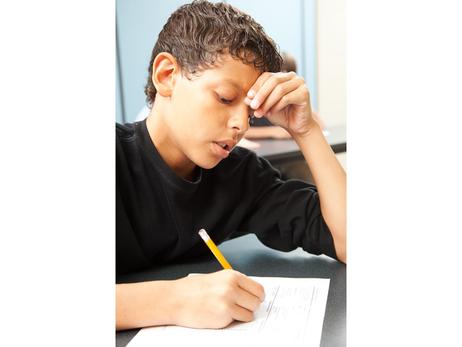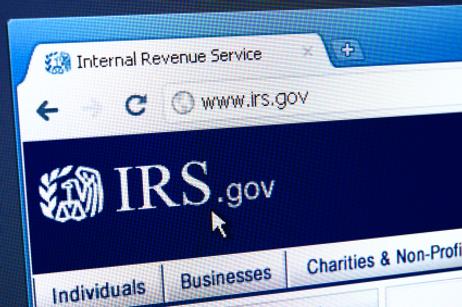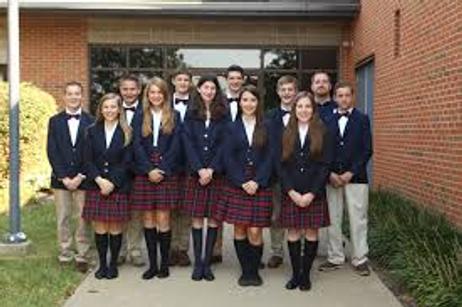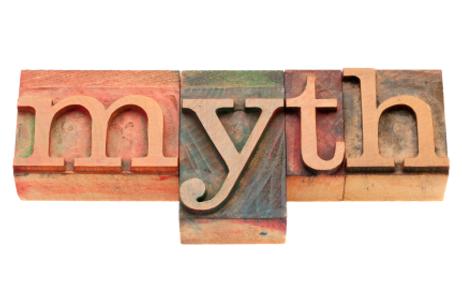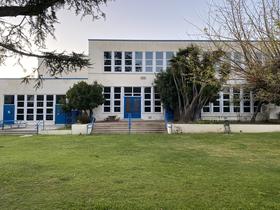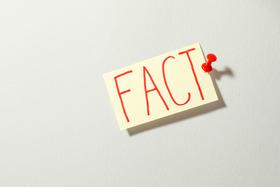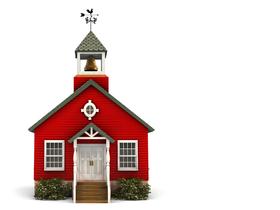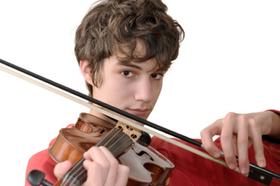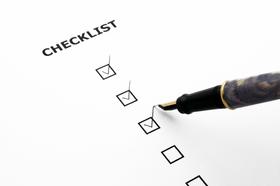One of the most compelling arguments for private education has to do with the curriculum. Because very few private schools accept public funds, they are not required to comply with federal and state rules and regulations regarding what is taught. In other words, they do not have to teach to the test. George Bush's No Child Left Behind does not apply to private schools.
Private schools use a variety of curricula according to their mission and needs. For example, a Jewish day school will blend Judaic studies with a core curriculum designed to accomplish two things: to raise observant Jews who are well-schooled in their religion as well as producing well-prepared matriculants ready for the rigors of a college education.
A Classical Christian education will emphasize traditional subjects such as rhetoric. It will also infuse every aspect of its teaching with evangelistic fire and purpose. Religion in a Classical Christian school is not an option any more than it is in a Muslim or Jewish or Roman Catholic school. All these schools can take valuable teaching time to accomplish their missionary objectives because they take no state funds. They basically can march to their own pedagogical tune as long as their clientele is satisfied that the school is doing a good job.
This video offers an overview of Rochelle Zell Jewish High School.
What about prep schools? Religion for most prep schools

